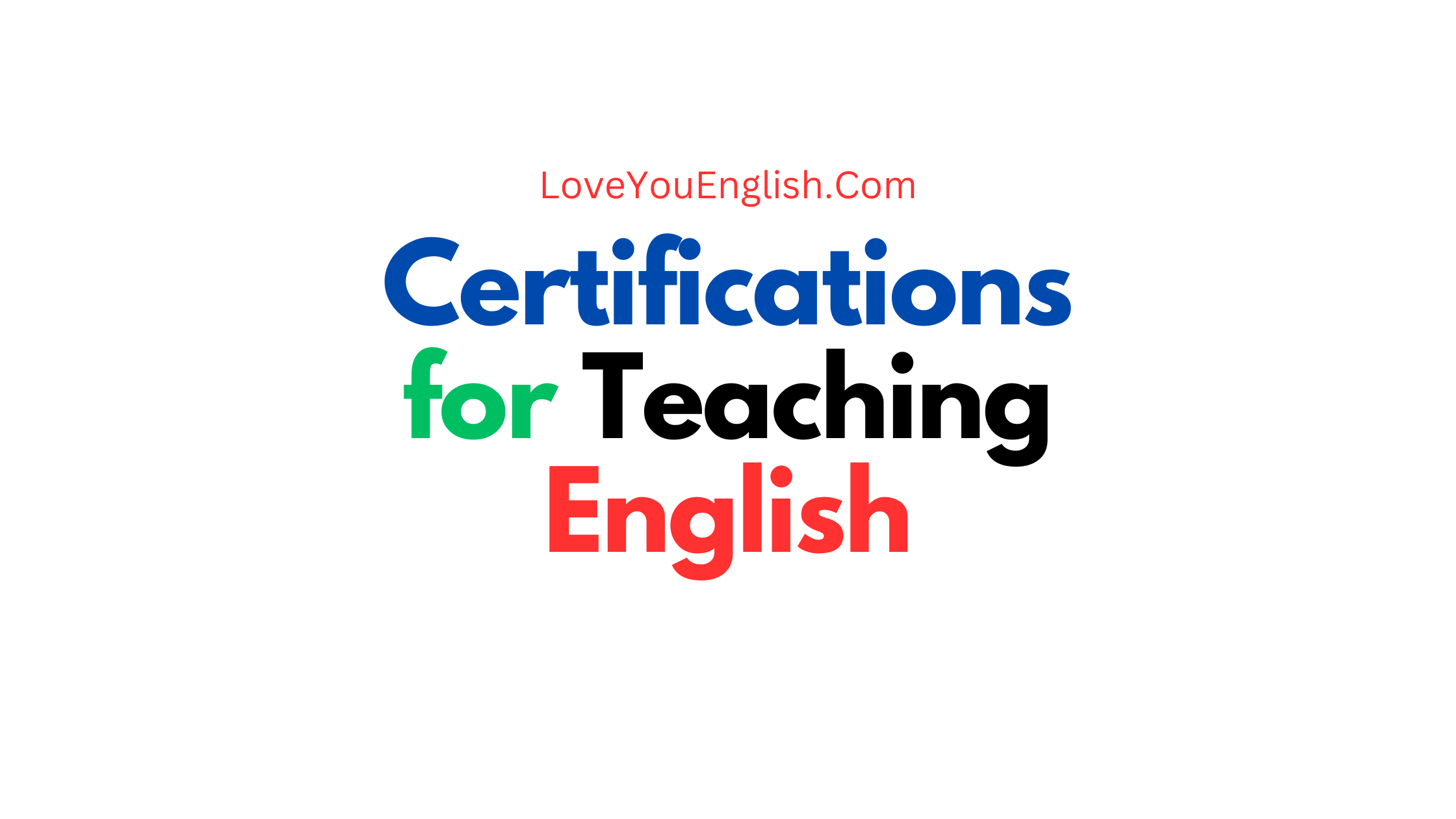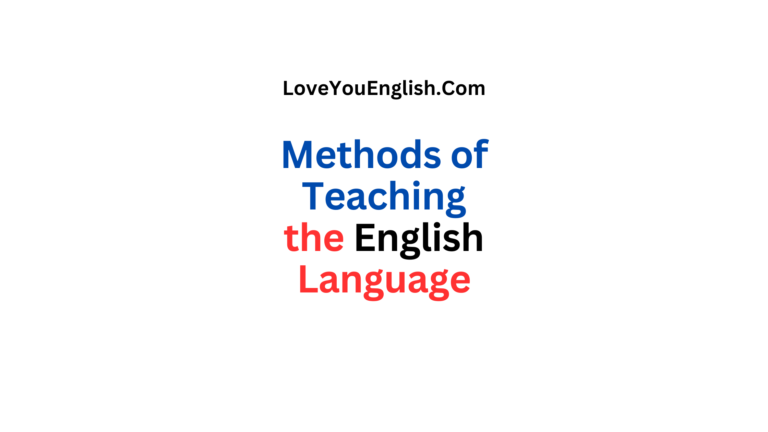Certifications for Teaching English
Certifications for Teaching English
Just imagine teaching a student who is deeply passionate about the English language, which you also love and adore, across the globe.
Teaching them English opens up new worlds and makes available every opportunity that will help them in the future to ensure communication in an English-speaking world is carried out quickly.
However, you need to have the correct credentials beforehand to start this wonderful journey—an actual piece of paper that would confirm your level of competence and knowledge.
Getting Certified
You could get a job teaching without a certificate, but that stamp of approval surely makes a world of difference.
It’s a good thing that an employer or a student sees that you have taken some time out and put in some work towards this formal kind of training.
It is a golden ticket toward millions of rewarding job careers locally and abroad.
Upon certification, you can achieve and give you a high level of confidence and preparedness that would enable you to shine.
Again, a quality certification program yields numerous golden values, such as effective teaching styles, classroom management techniques, and preparing lessons.
It’s like the super tool belt that is all filled up with anything you need to help you develop dynamic, practical lessons that your students will relate to.
You may want to read:
- Effective Strategies for Teaching English Grammar
- How to Teach English to Beginners
- Using Technology to Improve English Teaching
- Get Started Teaching English Abroad: A Step-By-Step Guide
- Certifications for Teaching English
Navigating the Certification Landscape
Here is a look at some of the certifications that will help early career and prospective teachers of English:
Among the most popular are the TEFL (Teaching English as a Foreign Language) certification courses.
After all, certification is geared toward people who wish to take up a career in teaching the English language beyond other borders—well, to people whose native tongue is not English.
It is somehow almost like traveling to new cultures or new territories and sharing your enthusiasm for the proper use of the English language.
Certification in TESOL (Teaching English to Speakers of Other Languages) is as broad and deep as TEFL and encompasses language acquisition theory to curriculum creation.
It is like immersing oneself in the world of teaching English.
One will finally get a comprehensive skill set after the end of the program, which could be applied in more ways than one in all settings, both domestic and international.
It helps the learner acquire the most prestigious certificate, a CELTA from the University of Cambridge. It is very intensive in nature and practice-based, providing learners with the basics required in their practice.
The certificates are also deemed and supported universally by all well-known employers worldwide.
The DELTA is a highly professional certificate, equal to the qualification of a master’s degree in the study of teaching English as a second language to adults.
This professional certificate is up to the qualification of a master’s degree for the teaching of English as a second language.
The subtopics included some of the mentioned topics, from language analysis to course design and the latest teaching methodologies.
Choosing the Right Certification Program
There are probably too many certification programs, and most of the time, indeed it feels like it, much like a maze out there.
Well, not to worry!
Consider the long-term career goals, recognition and accreditation of the program, format and duration, cost, and curriculum, and you will bump into one.
Think of yourself as an adventurer in the unknown, looking for that one certification course that will meet your professional dreams.
You want to learn to teach children English in a community after-school program.
You envision flying off to teach at an international language school, or you want to be out there working on unique new curriculum innovations.
Wherever you are headed, the best certification program will be a compass leading the way you want to get to your ultimate destination.
Preparing for the Journey Ahead
Now that you have settled on a certification program, in many ways, you are just now preparing for the trip.
All right, it may not be your initial move, but this is the point at which you begin to pull together all those things you will want to take with you.
Begin by honing your skills in English: the grammar, vocabulary, and pronunciation, which should be top-notch.
It’s similar to sharpening that trusty Swiss Army knife: the language tools must be ready for whatever teaching situation.
Get to know well many teaching methodologies, from a communicative approach to task-based learning, methods that act as maps and guidebooks in exploring the classroom terrain with confidence.
And then, of course, classroom management: setting up routines, being clear with your expectations, and making your materials sincerely interesting.
Those are your survival skills—what you need to be able to create a positive and productive learning environment from any part of the world where you are teaching.







